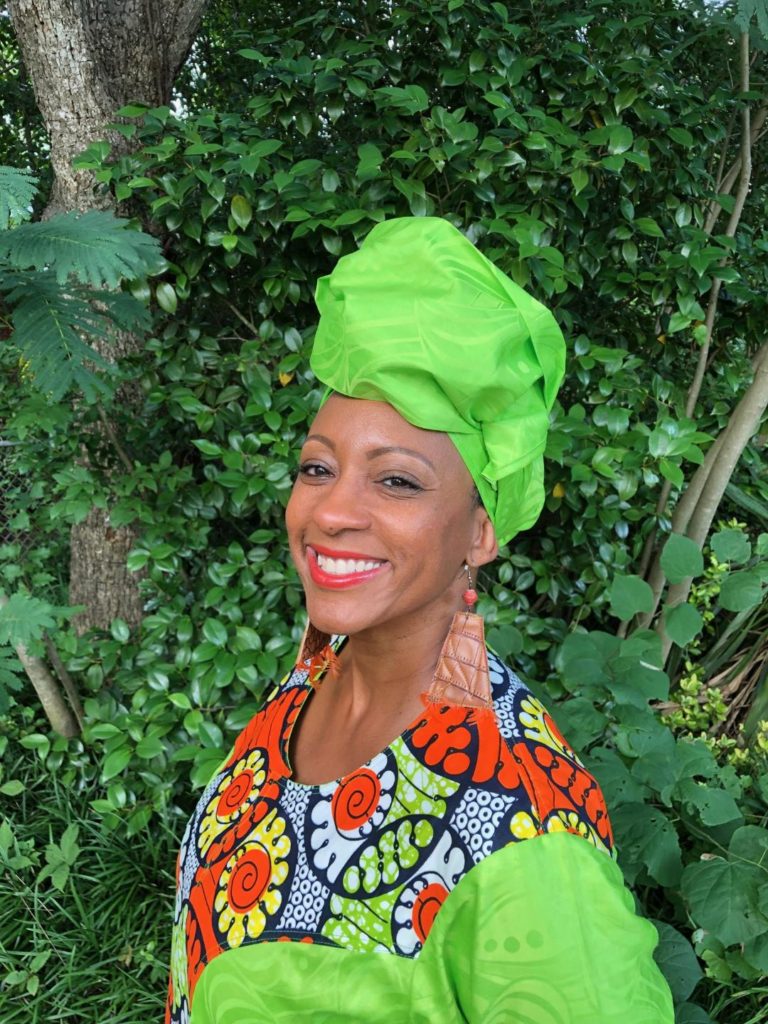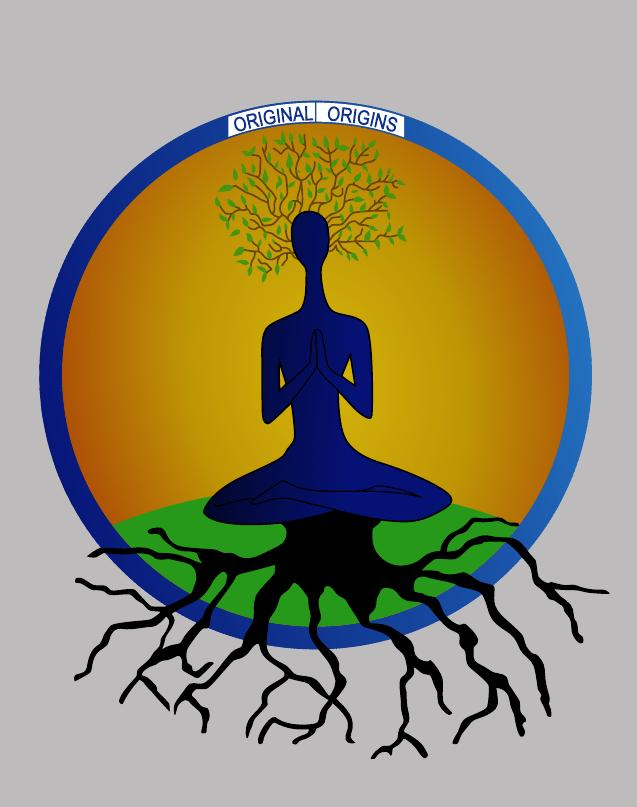
What are health disparities? A health disparity refers to a higher burden of disability, illness, injury or mortality experienced by one group relative to another. Factors that contribute to health disparity include economic stability, education, access to healthy food, community engagement, access to health care systems, neighborhood and physical environment.
People who live in poverty have lower paying jobs or no job at all. Most of the lower wage jobs don’t offer health insurance or if it is offered, it is unaffordable. Housing is often an issue in lower socioeconomic areas. Housing in the poorest neighborhoods are often substandard or people are homeless, living in their vehicles or on the street. Impoverished people often have issues with transportation. They don’t have a car, or they are unable to afford fare if they have access to public transportation. The impoverished also have lower literacy rates, often below a sixth grade reading level and many don’t have a high school education or a GED. Many poor people suffer from hunger, especially the children.
Urban areas are often food deserts, areas in which it difficult to purchase affordable or good-quality fresh food. Fresh fruits and vegetables are a way to improve health and close the gap with mortality rates related to health disparities. There is an inordinate amount of stress and discrimination in lower socioeconomic environments. As a result, there tends to be more tobacco, alcohol, and drug use and abuse. Consider all of the above information and add no health coverage or access to health care. This creates the perfect storm for disastrous outcomes.
One of the reasons I became a physician assistant was to help bridge the gap in health disparities in the underserved and underprivileged communities. I grew up in poverty and I vowed to be an advocate for those who are impoverished. It breaks my heart to have worked for health clinics in which the patient had to choose between paying their bills or paying for their life-saving medication. I committed to be an advocate for those whose voices go too often unheard.
As we continue in this unprecedented, global pandemic season, we have exposed the “elephant in the room”, especially in the African American communities. The African American communities have suffered the worst consequences as a result of Coronavirus, Covid-19. The people who have the most compromised immune systems are adversely affected the most. The top three chronic conditions of the population that die from Covid-19 are: hypertension, obesity and diabetes. African Americans are at higher risk for health conditions and experience poorer health outcomes than other groups, especially African American men. African Americans are dying from preventable conditions disproportionately to other ethnic groups. Our children are more overweight and are being diagnosed with medical conditions such as obesity, hypertension and diabetes. Hmmm, look familiar? The truth is, a lot of people in our community are not surviving to age fifty and their offspring are probably going to have the same fate if some serious lifestyle changes are not implemented in their lives.
The truth is, we have been experiencing a state of emergency when it comes to the health of African Americans for a while. It should be no surprise if you take a moment to think about it.
When I was growing up, we did not have the amount of fast food and processed foods as we do now. Television programs went off around 11:00 pm, even on the weekends. There were only three television stations and they all ended the same way, with the playing of the national anthem and static. We also did not have the access to restaurants and fast food places. Fast food places were not open twenty-four hours and the serving sizes were a lot smaller. The majority of our meals were home-cooked. We had access to gardens. We were more active as children, preferring to be outside playing.
This is not the world we live in today. It seems that the food industry is adding chemicals that are getting and keeping us more addicted to “food”. This is directly related to increasing chronic illnesses, obesity and cancer rates. This is a contributing factor to poor health outcomes and premature mortality rates, especially in the African American communities. When people are impoverished, they have to make choices that the typical household doesn’t have to make, such as “Do I buy groceries or my medications?” In urban areas, where food deserts are bountiful, there is also an increase in dialysis centers.
The gap in health disparities have increased in recent years, especially with the tapering of the Affordable Care Act (ACA or Obamacare). Many nonelderly African American adults delay or go without needed care. Nonelderly African Americans adults also are less likely to have had a health or dental visit in the previous year, even with insurance coverage. Low-income individuals experience more barriers to care and receive poorer quality care than high-income individuals. Individuals who live in rural areas also face a range of barriers to accessing health care.
It boils down to what our priorities are. I witness plenty of people who make a choice to spend money on getting their hair and/or nails done, purchasing clothes, purses, cigarettes, drugs or alcohol, instead of purchasing their medication or healthier foods. Some people who receive SNAP/EBT benefits also trade their card for money or as a way to pay for a drug habit, so the whole family, including the children, goes hungry.
One of the best ways lower-income individuals can begin to address health disparities is to get back to a holistic way of living. Stop smoking and vaping, stop drinking alcohol excessively, quit using drugs, drink more water, exercise and stop eating fried foods. We all face obstacles and challenges in life: however, there is always room for improvement, regardless of the circumstances and impossibilities that seem to overwhelm us.
There are programs available to assist people who find themselves battling health disparities. I am not minimizing the situation that people who live in poverty face daily. We have the power to heal ourselves, even in poverty. It will not be an easy task; however, it is possible. Making one or two healthy changes at a time and building on those changes consistently can help reduce the amount of health obstacles. The biggest disparity we face is our mindset. Remember, no one owes us anything, but we owe ourselves EVERYTHING! Change your health, change your life! Peace and Healing…
I am Ms. Tracy. Please visit my website at www.originaloriginshw.com. I can be contacted at (833) 678-7229 and my e-mail is originaloriginshw@gmail.com. In order to have something you have never had, you have to be willing to do something you have never done. Your health is your wealth. Change your health, change your life!
